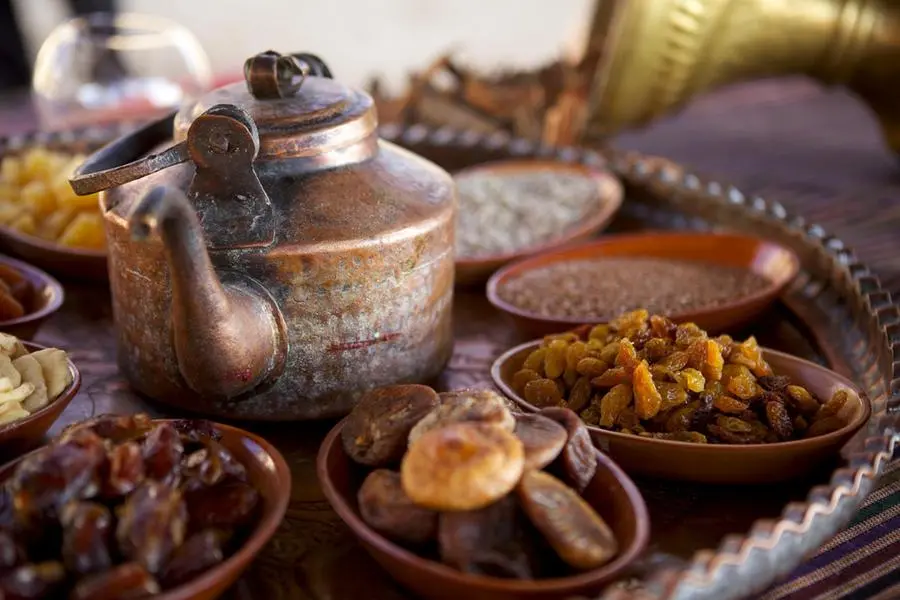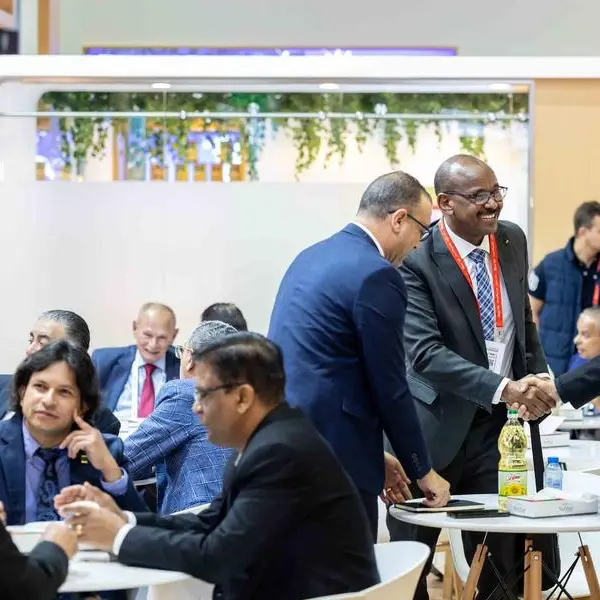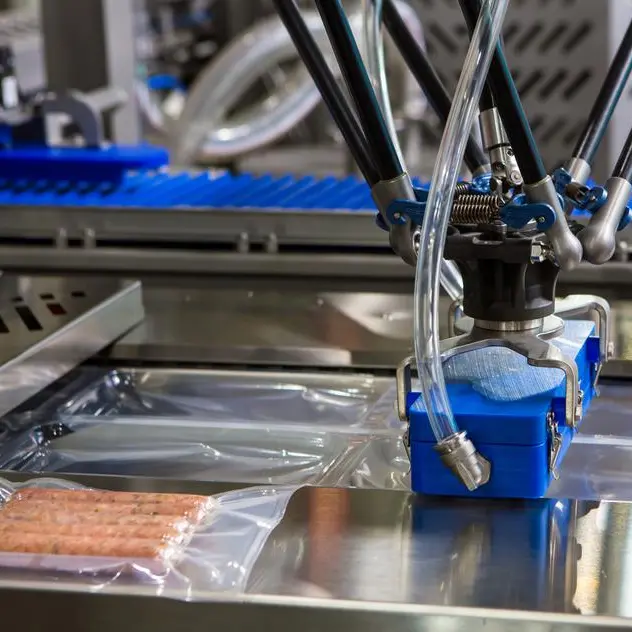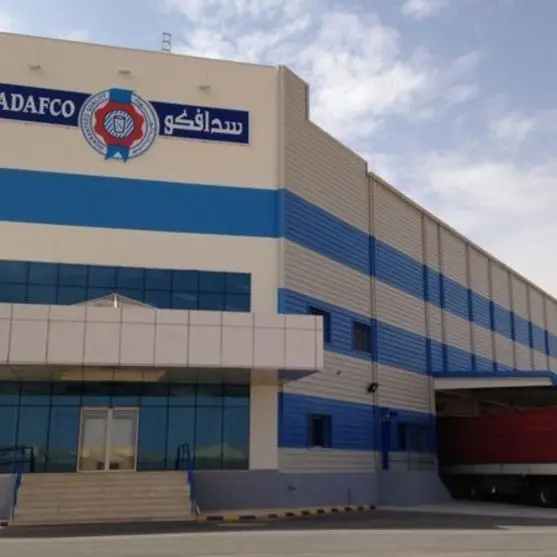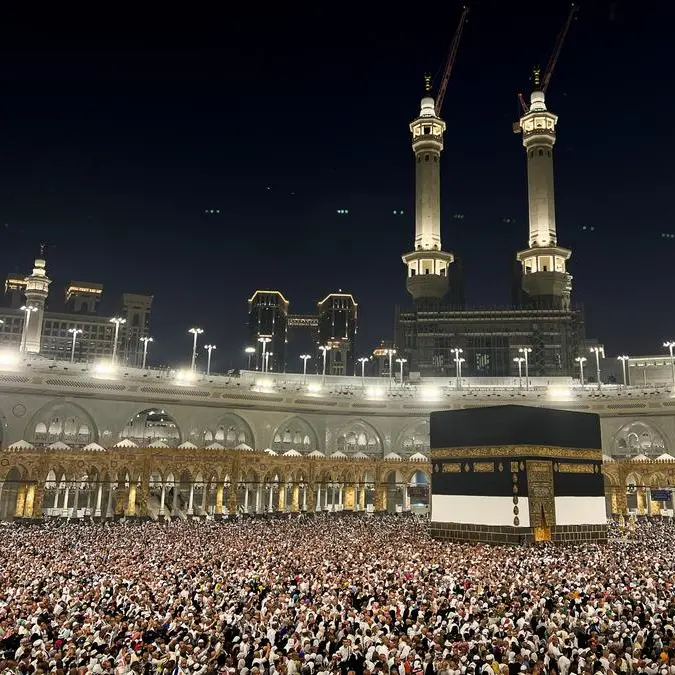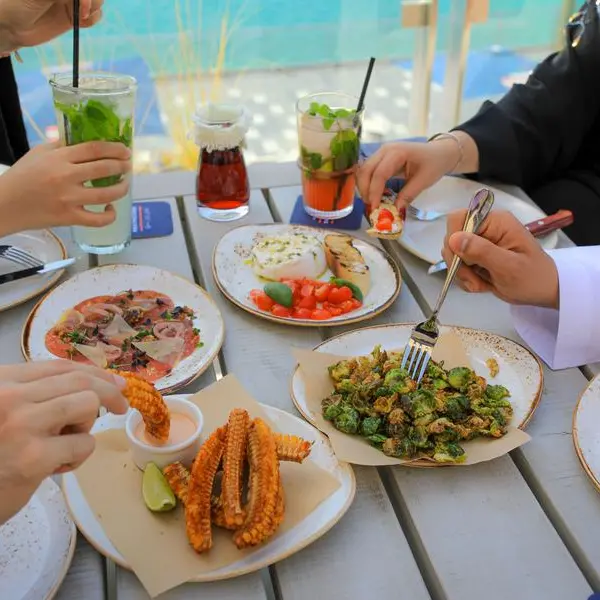PHOTO
UAE - Families in the UAE are once getting ready for this year's Ramadan as they prepare to cook and distribute iftar meals to workers in the neighbourhood.
Others are getting ready to order large amounts of food that will be sent as donations to neighbouring mosques.
Many say that grocery shopping in bulk has already begun as they start prepping for large meals, to make cooking faster during the holy month.
Indian expat Ami Rasheed cooks special charity meals at least a few times every year during Ramadan. These meals are then distributed among the less privileged, that includes people who work tirelessly to serve them daily, like their apartment’s cleaners and watchmen.
“I cook biriyani and fried chicken for 15-20 people at least two to three times annually during Ramadan. It gives me immense pleasure to do this,” opines Ami Rasheed who says “the excitement begins with grocery shopping for this. My children and my husband equally participate. So, it becomes a family activity where each person is involved in shouldering different responsibilities.”
“I still remember one incident that happened near my apartment a few years ago, where a man was sitting wearing rugged clothes and he said his feet was hurting as he had injured them. My children gave him food that I had cooked. He was so happy to receive the box and the expression that he gave was priceless. He was filled with gratitude by this simple gesture of ours,” says the Sharjah resident.
“We make our children distribute this food to car cleaners and security guards. The smile, I see on their faces are priceless. We also donate meals at charity organisations in Sharjah and Ajman. Through this little initiative of ours, we try to cultivate certain values among our children. It teaches them to focus on the values of ‘giving and sharing with the less fortunate’. The privileged have a moral obligation to give (to the less privileged) to make a better world….that is one of our key beliefs.”
Similarly, Palestinian expat in Dubai, Mays Alalem talks about the power of giving.
“We make a Ramadan meal donation to a local mosque near our house in Springs Souk, and another one in Al Barsha. You must go and intimate the mosque prior to making the donations, giving them a headcount so that sufficient numbers of meals are available on each given day.”
Mays who is a busy working mother of two says, “There are places where one can order meals by giving them a count as you place the order. These are mostly biriyanis. These places send the food directly to mosques or one can choose to distribute it personally. We want our children to be a part of such humanitarian initiatives so that they learn to participate in increasing acts of charity as they grow up. It also helps tighten family bonds.”
“Sometimes, we also send grocery items and canned foods in boxes to licensed charity organisations. It’s a very surreal feeling when you engage in these noble activities as a family,” says the Springs resident.
Similarly, Dubai-based Egyptian expat, Marwa Feky, who has been living here for the past 14 years, avers, she relies on schools to make her donations.
“I make donations to schools. They have so many workers as staff members. I usually donate foodstuffs like canned foods, yoghurt and drinks that can be stored in the refrigerator.”
“I find this activity gratifying. It’s got a psychological effect. To me, it’s a more exciting time than Eid itself. It’s a very different feeling that cannot be described in words. It leaves a long-lasting impression on the mind to think that someone somewhere is being fed, maybe someone you don’t know, but it still gives you immense joy,” adds Marwa.
Earlier today, the Department of Islamic Affairs and Charitable Activities in Dubai announced that residents in Dubai would need permits to distribute Iftar meals during the holy month.
Copyright © 2022 Khaleej Times. All Rights Reserved. Provided by SyndiGate Media Inc. (Syndigate.info).
